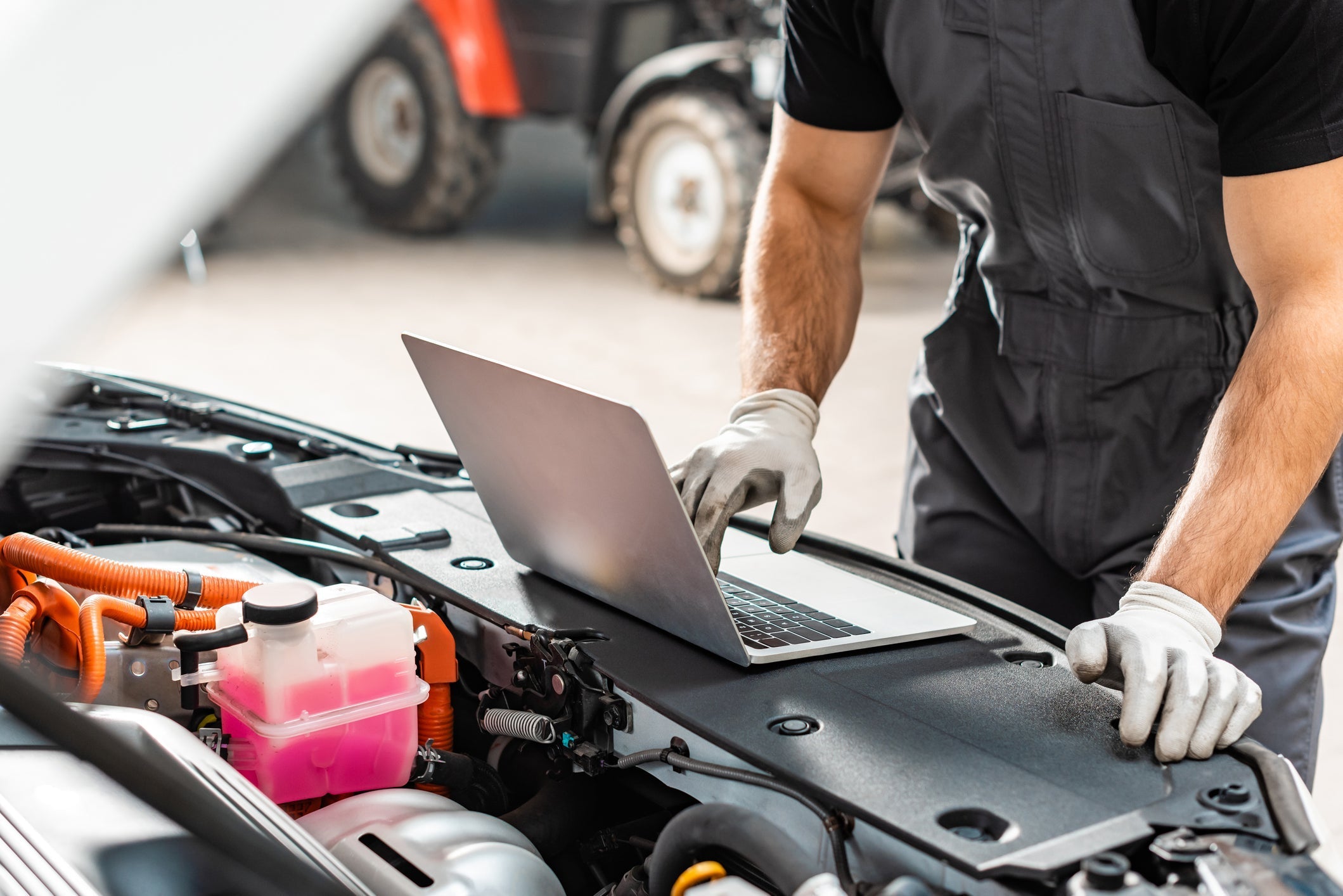Quick Summary: What You Need to Know About Mechanic Gloves
Mechanic gloves protect your hands from cuts, oils, heat, and impact while improving grip and dexterity. Look for gloves with reinforced palms, touchscreen compatibility, oil resistance, and ANSI-rated protection. Choose snug-fitting gloves with breathable materials, and always match the glove to the specific job task. Washability and reusability vary by material and brand.
1. Why Should Mechanics Wear Gloves?
Mechanics work with sharp tools, hot engines, and hazardous chemicals. Gloves protect against cuts, burns, oils, and grime while improving grip. They also prevent long-term skin exposure to toxic substances like brake fluid, fuel, and solvents.
2. What Are the Best Types of Mechanic Gloves?
- Nitrile-Coated Gloves: Resist oils and chemicals, offer tactile sensitivity
- Impact-Resistant Gloves: Protect knuckles and fingers from blunt force trauma
- Cut-Resistant Gloves: Rated by ANSI levels to resist sharp tool injuries
- Disposable Nitrile Gloves: Great for fluid work and quick jobs
3. Are Mechanic Gloves Washable?
Yes—most reusable mechanic gloves made of synthetic leather or polyester can be machine washed in cold water and air dried. Avoid using high heat or bleach. Disposable gloves, like nitrile, are one-time use only and should be discarded after contamination.
4. Can You Use Mechanic Gloves on Touch Screens?
Many modern mechanic gloves feature touchscreen-compatible fingertips—ideal for diagnostic tools or mobile use. Check the product description before purchase.
5. What’s the Best Fit for Mechanic Gloves?
Snug, second-skin fit without restricting movement. Gloves should flex with your fingers and allow tool control without slippage. Sizes range from XS to 2XL—check sizing charts carefully.
6. Do Mechanic Gloves Protect Against Chemicals?
Nitrile and coated gloves provide resistance to oils, solvents, and gasoline. However, not all gloves offer full chemical protection—check chemical resistance ratings or use disposable nitrile gloves for fluid-heavy tasks.
View OSHA's Guide on Hand Protection (PDF)
7. What’s the Difference Between Mechanic Gloves and Work Gloves?
Mechanic gloves are designed for precision, grip, and flexibility. General work gloves may prioritize abrasion or cut resistance, but often sacrifice dexterity—making them unsuitable for automotive tasks.
8. Are Impact-Resistant Gloves Worth It?
If you’re doing heavy-duty repairs or engine work, yes. Look for TPR (thermoplastic rubber) reinforcements on the knuckles and fingers. These help reduce injury from pinching, crushing, or knocks.
9. Can You Use Mechanic Gloves in Hot Conditions?
Yes—look for gloves with breathable backs, mesh panels, and moisture-wicking materials. Avoid bulky gloves in summer. Some gloves are designed with ventilated backs or cooling materials.
10. What Gloves Do Professional Mechanics Use?
Professionals use a combination of glove types depending on the job:
- Disposable nitrile gloves for oil changes
- Impact-resistant gloves for engine teardown
- Cut-resistant gloves for bodywork
Brand favorites include Mechanix Wear, Ironclad, and HexArmor. Always verify ANSI cut and impact ratings for shop safety compliance.
Conclusion
Mechanic gloves aren’t one-size-fits-all. The right glove depends on your task, risk level, and personal comfort. Whether you're wrenching under the hood or working a lift, the right hand protection makes a huge difference. Browse our full range of mechanic gloves and PPE gear at eSafetySupplies.com.
About the Author: Mick Chan
Mick Chan has been in the Safety Supplies industry for over 15 years. As a seasoned expert in OSHA compliance and safety product procurement, Mick brings practical insight to help businesses meet workplace safety standards with confidence. He graduated from Cal State LA in 2013 with a Bachelor’s in Business Administration and has spent his career supporting industries across California. Born and raised in the San Gabriel Valley, Mick understands the safety needs of diverse urban and industrial environments.

